Salt System or Clorinator and Ozone
texasdad
13 years ago
Related Stories
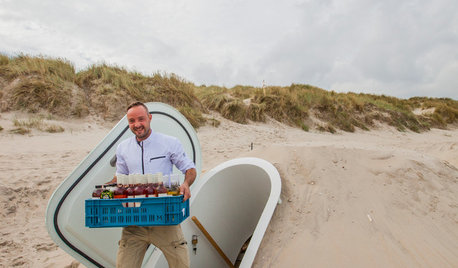
GREEN BUILDINGThe Big Freeze: Inventors Break New Ground to Keep Things Cool
Old-fashioned fridges can be energy guzzlers, but there are more eco-friendly ways of keeping food fresh, as these global innovations show
Full Story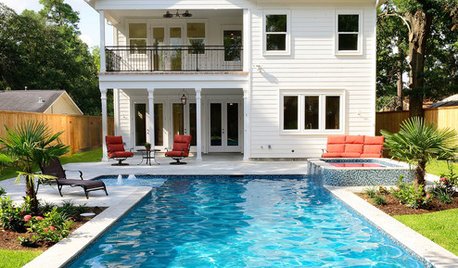
POOLSTrending Now: 20 Pools We Want to Dive Into
These dreamy backyard swimming spots are favorites with the Houzz community
Full Story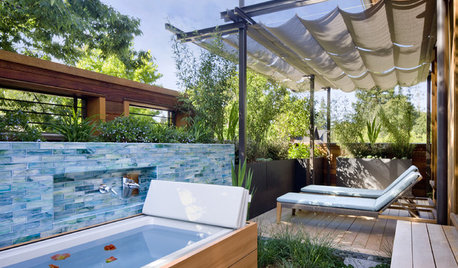
GARDENING AND LANDSCAPING13 New Ways to Make a Splash With a Hot Tub
Check out the modern options and custom features that are making outdoor spa tubs hot again
Full Story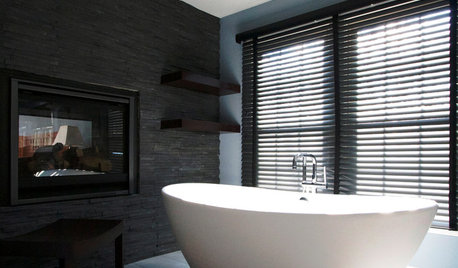
BATHROOM DESIGNDreaming of a Spa Tub at Home? Read This Pro Advice First
Before you float away on visions of jets and bubbles and the steamiest water around, consider these very real spa tub issues
Full Story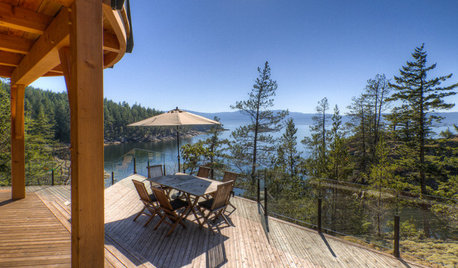
DECKSDecking Materials Beyond Basic Lumber
Learn about softwoods, tropical hardwoods, composites and more for decks, including pros, cons and costs
Full Story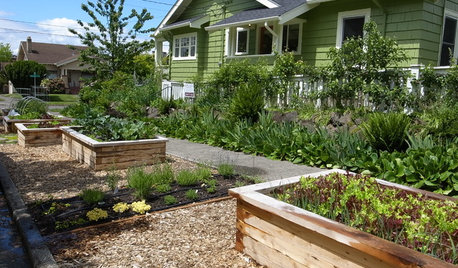
FARM YOUR YARDHow to Farm Your Parking Strip
Get an up-close look at a thriving street-side edible garden, one of many sprouting up in Seattle
Full StoryMore Discussions






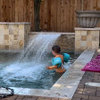
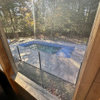


poolguynj
texasdadOriginal Author
Related Professionals
Apple Valley Swimming Pool Builders · Clark Landscape Architects & Landscape Designers · Rancho Cordova Landscape Architects & Landscape Designers · Bound Brook Landscape Contractors · Burien Landscape Contractors · Corona Landscape Contractors · Crystal Landscape Contractors · Euclid Landscape Contractors · Goodlettsville Landscape Contractors · Pahrump Landscape Contractors · Shoreview Landscape Contractors · Albemarle Decks, Patios & Outdoor Enclosures · Littleton Decks, Patios & Outdoor Enclosures · Portland Decks, Patios & Outdoor Enclosures · Rocklin Decks, Patios & Outdoor EnclosuresRack Etear
paulsimmons
experimentalbbq
poolguynj
Rack Etear
texasdadOriginal Author
poolguynj
texasdadOriginal Author
poolguynj